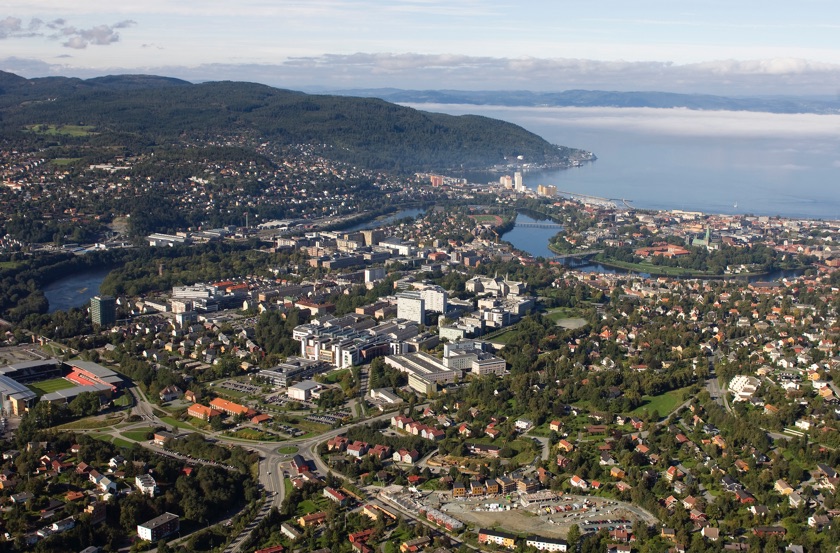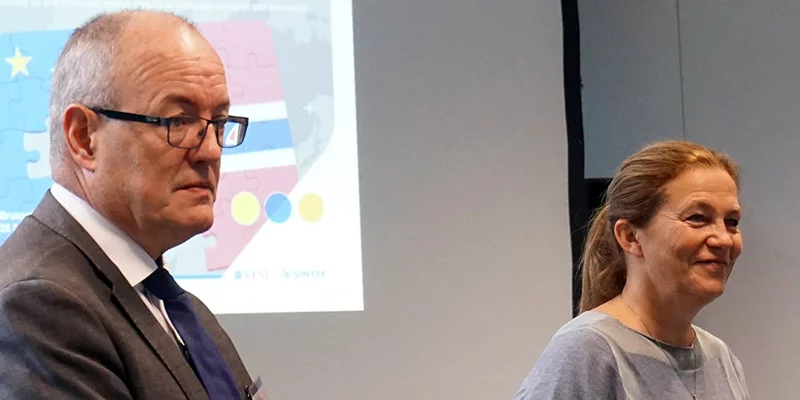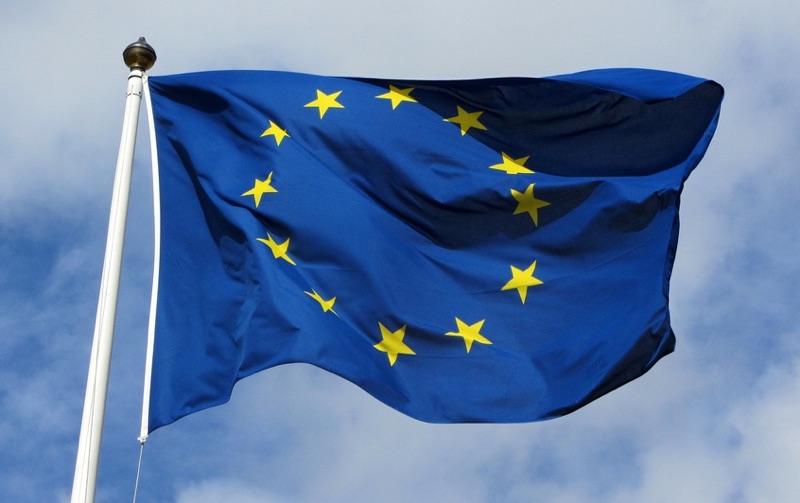
The two Trondheim research heavyweights SINTEF and NTNU are working closely together in Brussels. The rewards for Norwegian businesses can be great, both in terms of innovation and revenues.
Three years ago, SINTEF and NTNU opened a joint office in Brussels, since when the office has been responsible for the coordination of several new EU research projects.
“NTNU and SINTEF have been working in Europe for some time now and have an excellent network involving both businesses and research centres”, says SINTEF CEO Alexandra Bech Gjørv. “We’re working around the clock in our search for new wealth creation opportunities”, she says.
Even if the institutes’ presence in the EU capital is primarily to promote opportunities for collaboration, there is also a lot of funding up for grabs. In three years’ time, the research and innovation programme Horizon Europe will be launched, offering funding in the region of EUR 100 billion, which is close to a thousand billion Norwegian kroner.
Invited to collaborate
On Tuesday of this week, NTNU and SINTEF invited the Norwegian business community, key individuals from the Norwegian EU delegation, and other supporters to a seminar in Brussels. Attendees were given an introduction to the Horizon Europe programme, and discussed their expectations and ambitions in relation to its development.

“It’s important for Norwegian businesses to get involved in the competition for European funding because it promotes innovation”, says Arvid Moss, President of the Confederation of Norwegian Enterprise (NHO). “It focuses the minds of our best researchers on becoming competitive with other European research centres, and also helps to ensure that businesses position themselves at the very forefront of innovation”, he says.
“The EU is currently organising the next Framework Programme”, says NTNU Rector Gunnar Bovim. “The Norwegian business community has no time to lose. The EU has already indicated that it will be investing more in small- and medium-sized businesses than was the case for the H2020 programme. From a Norwegian point of view, we have to position ourselves and participate in organising panels and groups, because Europe needs to know more about this”, he says.
Brussels office boosts opportunities
“How will Norwegian businesses get a foothold in the EU programmes?” asks Bovim. “Innovation Norway and the Research Council can act as door-openers, but I believe that collaboration with research centres such as SINTEF and NTNU represent the key to success.”
“In fact, this is easier than many businesses think, and our experience is that some of those who have been here for a number of years are reaping the rewards”, he says.

The joint office has boosted opportunities to profit from the unique collaboration between NTNU and SINTEF in connection with the H2020 projects in which both organisations have shared interests and complement each other.
“We’re facing enormous changes in the global competitive market”, says Bech Gjørv. “Technology and digitalisation are key factors here, so we must grasp the opportunities and prepare for the risks. I believe that working together with other businesses and the leading research centres in Norway and Europe is an excellent way to achieving these goals”, she says.
Good opportunities for Norway
“I see excellent opportunities for Norwegian industry to obtain its share of Horizon Europe projects, especially in the categories ‘Global Challenges’ and ‘Industrial Competitiveness’”, says Signe Ratso, Deputy Director-General at the European Commission.
“Norway is highly competent in many of the fields currently addressing global challenges. Norwegian companies can thus both contribute to, and reap the benefits of, the Horizon Europe programme in fields such as energy, the maritime sector and eco-friendly industry” she says.
In conclusion: “Norwegian business has a lot to offer in terms of developing a better Europe for the future”, says NTNU Rector Bovim.
This article was originally published by our friends at Gemini and is republished here with permission.

